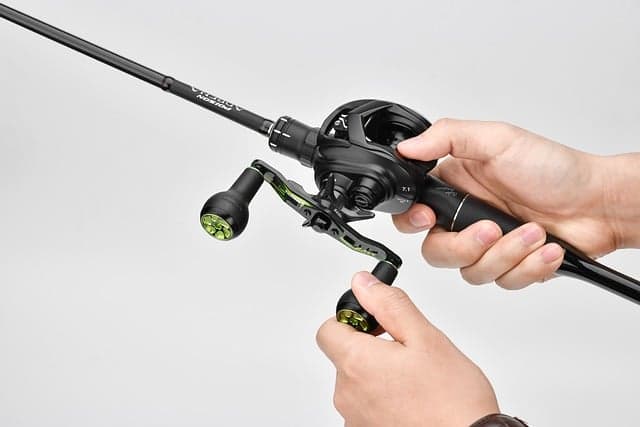Understanding fish behavior is one of the key aspects of successful sport fishing. Experienced captains who have been fishing for many years realize that fish are living organisms with their own reactions to their environment. In this article, we’ll look at how to learn how to read fish behavior and adapt fishing tactics to improve fishing efficiency.
Learn the characteristics of fish species
Each fish species has its own unique characteristics and behaviors. Study information about your target fish such as feeding habits, habitats, and times of activity. This way, you can predict where and when to look for fish and what might attract their attention.
Pay attention to weather and time of day
Weather conditions and time of day can have a significant impact on fish activity. On warm summer days, fish are often active in the morning and evening when the water cools. In cold weather, fish may be less active. Take these factors into account and adapt your tactics to the conditions.
Use a variety of lures and techniques
If the fish aren’t responding to a certain lure or technique, try something different. Sometimes fish can be selective and prefer certain types of lures or movements. Experiment with different lures and look for what will work best.
Pay attention to the fish’s reaction to the lure
If fish aren’t biting or show little interest in your bait, pay attention to how they react. Some species of fish can easily be scared off by unnecessary bait movement or bright color. If necessary, change tactics, make smoother movements or use more neutral lures.
Watch for signs around you
Pay attention to changes in fish behavior as well as signs of activity from other animals around you. For example, if you see a lot of birds circling over the water, this may indicate that there are fish in the area. The activity of other predators can also indicate that fish are active in the area.
Be patient and persistent
Fish are living creatures and their behavior can be unpredictable. Don’t give up if results don’t come right away. Be patient and persistent, and perhaps your efforts will be rewarded with a successful catch.
Understanding fish behavior is an ongoing process that requires observation, experience and adaptation. Follow these tips, learn from your mistakes and utilize the experience of experienced captains and your fishing skills will continually improve. Good luck fishing!



